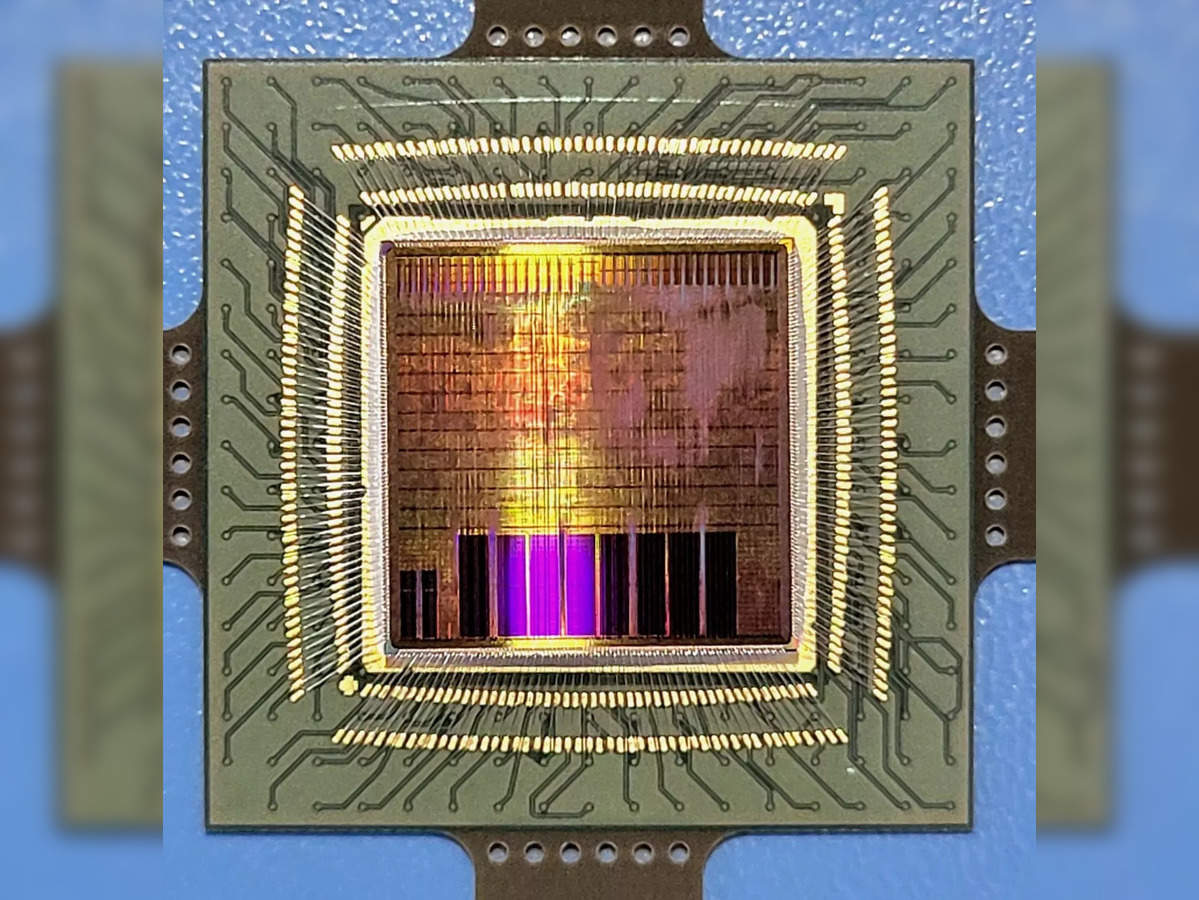IIT Madras and ISRO Develop IRIS Chip
The Indian Institute of Technology Madras (IIT Madras) and the Indian Space Research Organisation (ISRO) have achieved milestone in semiconductor technology. They have developed and successfully tested an aerospace-quality SHAKTI-based semiconductor chip named IRIS (Indigenous RISCV Controller for Space Applications). This project is part of India’s broader initiative to promote self-reliance in technology and aligns with the ‘Atmanirbhar Bharat‘ mission.
Background of the SHAKTI Project
- The SHAKTI project is supported by the Ministry of Electronics and Information Technology under the ‘Digital India RISC-V’ initiative.
- This initiative aims to encourage the indigenous development of microprocessor-based products.
- RISC-V is an open-source Instruction Set Architecture (ISA) which offers flexibility and security for designing custom processors.
Development Process of the IRIS Chip
The IRIS chip was designed by the ISRO Inertial Systems Unit (IISU) in Thiruvananthapuram, with implementation from IIT Madras. The entire process, including chip design, fabrication, and packaging, was carried out within India. The chip was manufactured by Semiconductor Laboratory (SCL) in Chandigarh and packaged by Tata Advanced Systems in Karnataka.
Features and Applications of the IRIS Chip
The IRIS chip is designed for various applications, including Internet of Things (IoT) devices and compute systems for strategic needs. It features fault-tolerant internal memories to enhance reliability. Custom functional modules such as CORDIC and WATCHDOG timers are integrated, making it suitable for space mission applications.
Significance of the Achievement
This achievement marks step towards self-reliance in semiconductor technology in India. This is the third SHAKTI chip developed, following RIMO in 2018 and MOUSHIK in 2020. The successful booting of the chip demonstrates India’s capability in developing a complete semiconductor ecosystem.
Future Prospects
ISRO plans to flight test a product based on the IRIS controller in the near future. The successful development of this chip is expected to contribute to future embedded controllers for space missions.
Month: Current Affairs - February, 2025
Category: Science & Technology Current Affairs






